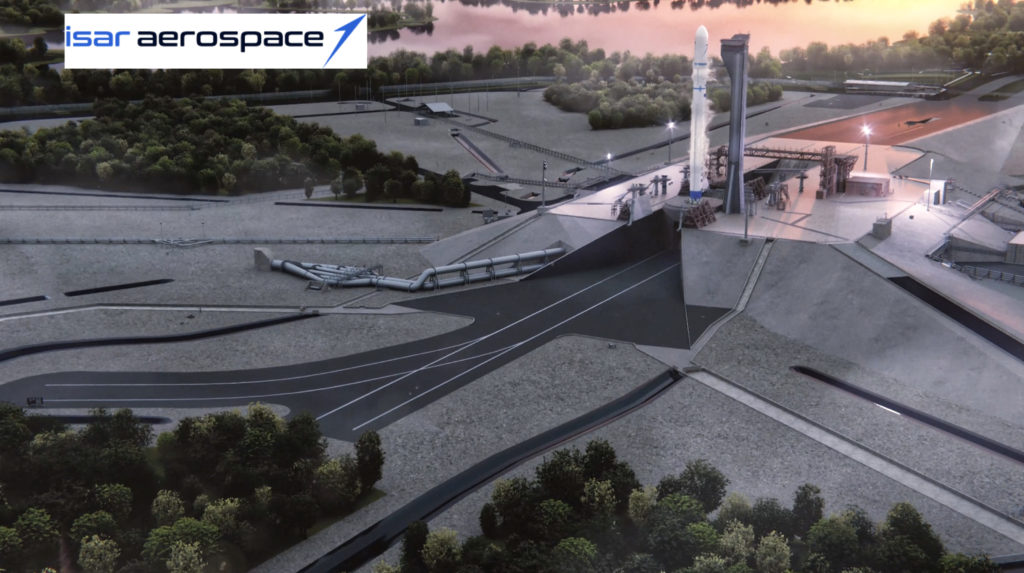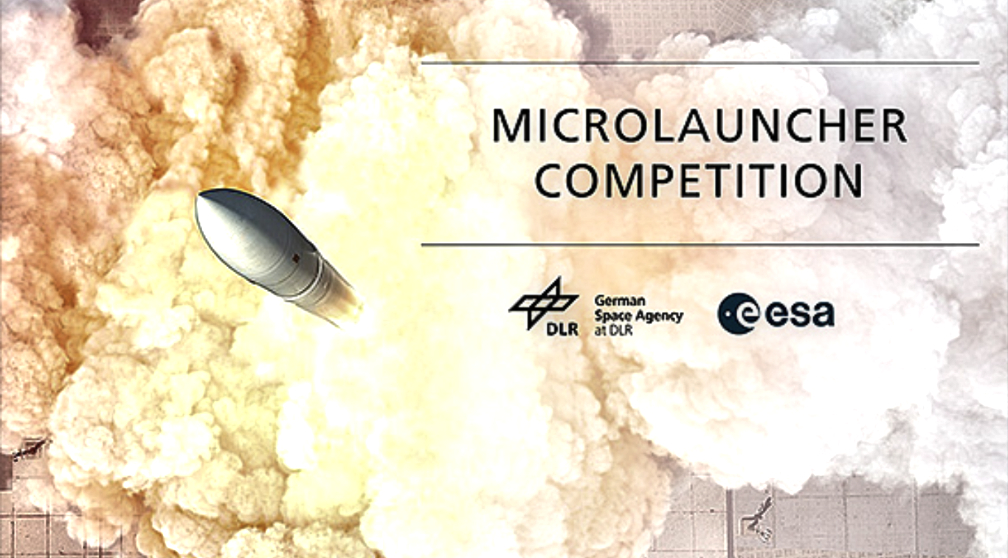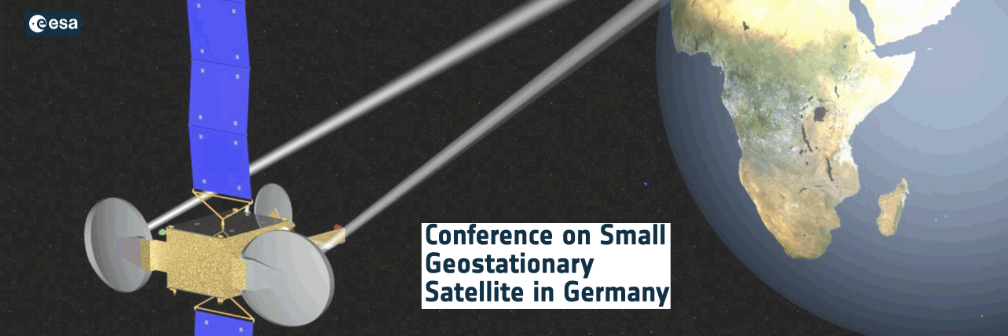
Ten European institutions and small and medium sized (SMEs) companies have been selected to launch 19 smallsats on the second flight of Isar Aerospace’s launch vehicle, Spectrum. Payloads were selected as part of the Microlauncher Payload Competition conducted by the German Space Agency at DLR.

At the first German Small Satellite conference, Isar Aerospace and the German Space Agency at DLR announced the selection of payloads for the second flight of the company’s launch vehicle Spectrum, planned for 2023-2024.

The payloads have been selected from the Microlauncher competition, which included an Announcement of Opportunity for European payloads to come on board Spectrum’s second flight at no cost. The smallsats, with a total mass of approx. 150kg, including the deployers, will be transported to LEO from Andøya in Norway. These payloads from European research institutes, student research groups and SMEs will mainly used to demonstrate technologies
Selected to fly on Spectrum’s second flight are…
Research institutes and student research groups:
- Austria, Vienna | TU Vienna Space Team
- Finland, Vaasa | University of Vaasa
- Germany, Berlin | Technical University Berlin
- Germany, Bremen | German Aerospace Center – Institute of Space Systems
- Norway, Trondheim | Norwegian University of Science and Technology (NTNU)
- Spain, Madrid | Universidad Politecnica de Madrid (UPM)
Small and medium sized companies:
- Bulgaria, Sofia | EnduroSat
- Finland, Helsinki | ReOrbit Oy
- Spain, Elche | EMXYS
- Spain, Nigrán | UARX Space
The selected payloads are on-orbit demo and technology validation spacecraft ranging from Internet of Things (IoT) and AI (Artificial Intelligence) applications for communications, EO and environmental measurements.
With the Microlauncher competition, the German government entrusts a privately financed, European space company under the ESA C-STS program to transport institutional payloads into orbit. DLR and ESA established the Microlauncher competition as a program to drive the commercialization of European spaceflight, especially in the field of smaller payloads. Isar Aerospace achieved the top place in the German Microlauncher competition in April of 2021, for which it received 11 million euros toward the launch of institutional payloads on its first two flights.
“Congratulations to the winners of this round! We are pleased to welcome the payloads onboard of Spectrum’s second flight and very happy to provide such great projects with access to space. Pushing the development of research and technology in space will help grow the overall private space ecosystem in Europe,” said Daniel Metzler, CEO of Isar Aerospace.
“Technological excellence and cost-efficient value creation processes are the basis for positioning oneself successfully in the dynamic and growing small satellite market. Start-ups and SMEs play an essential role here due to their agility,” said Walther Pelzer, Member of the DLR Executive Board and Director General of the German Space Agency at DLR. “The reliable prospect of public contracts helps young companies in particular to secure funding. Our microlauncher and payload competitions are key elements here.”
Isar Aerospace, based in Ottobrunn/Munich, develops and builds launch vehicles for transporting small and medium-sized satellites as well as satellite constellations into Earth’s orbit. The company was founded in 2018 as a spin-off from Technical University Munich. Since then, it has grown to more than 300 employees from more than 40 nations with many years of hands-on rocket know-how as well as experience within other high-tech industries. The company is privately financed by former SpaceX VP Bulent Altan as well as world-leading investors including Airbus Ventures, Apeiron, Earlybird, HV Capital, Lakestar, Lombard Odier, Porsche SE, UVC Partners, and Vsquared Ventures.
The German Aerospace Center (Deutsches Zentrum für Luft- und Raumfahrt; DLR) is the Federal Republic of Germany’s research centre for aeronautics and space. The organization also conducts research and development activities in the fields of aeronautics, space, energy, transport, security and digitization. Within DLR the German Space Agency implements the Federal Government’s space strategy. More than 330 employees based in Bonn coordinate all of the German space activities at national and European levels and represents German space interests worldwide on behalf of the Federal Government. The tasks of German Space Agency at DLR include the planning and implementation of the national space program and the management of Germany’s contributions to the European Space Agency (ESA) and the European Organisation for the Exploitation of Meteorological Satellites (EUMETSAT).
